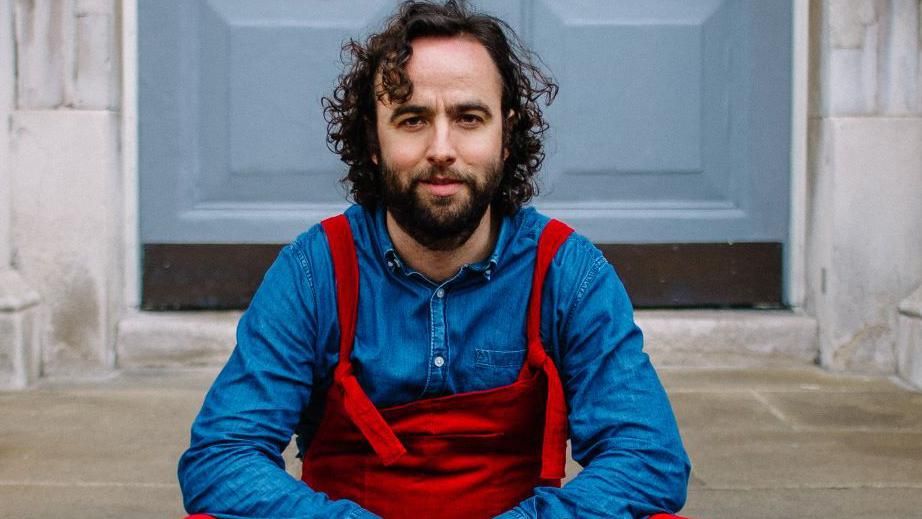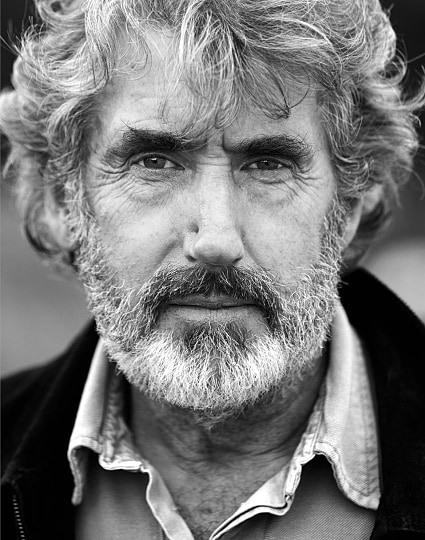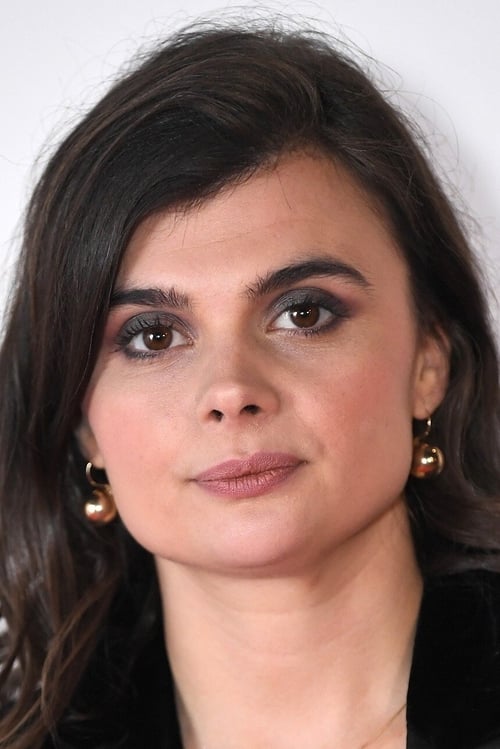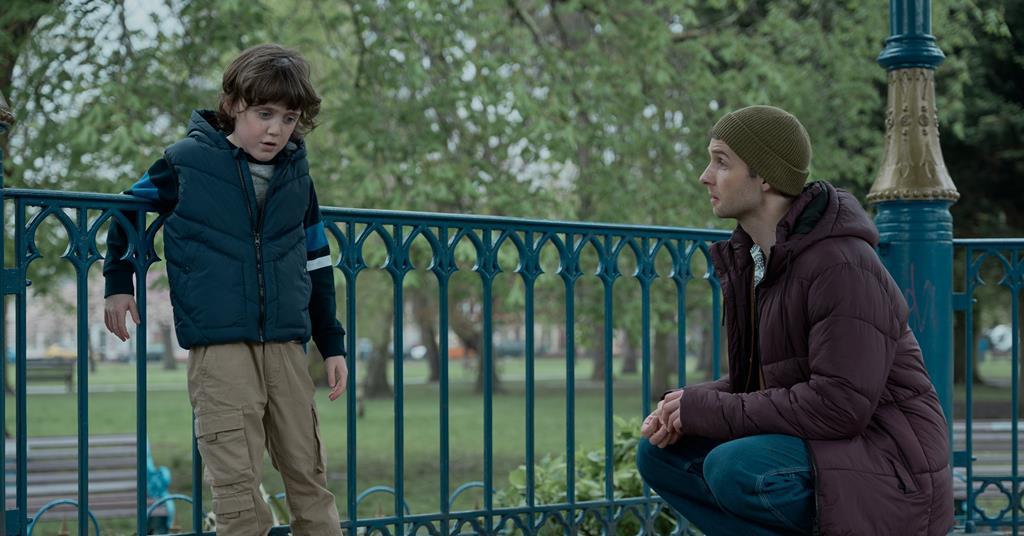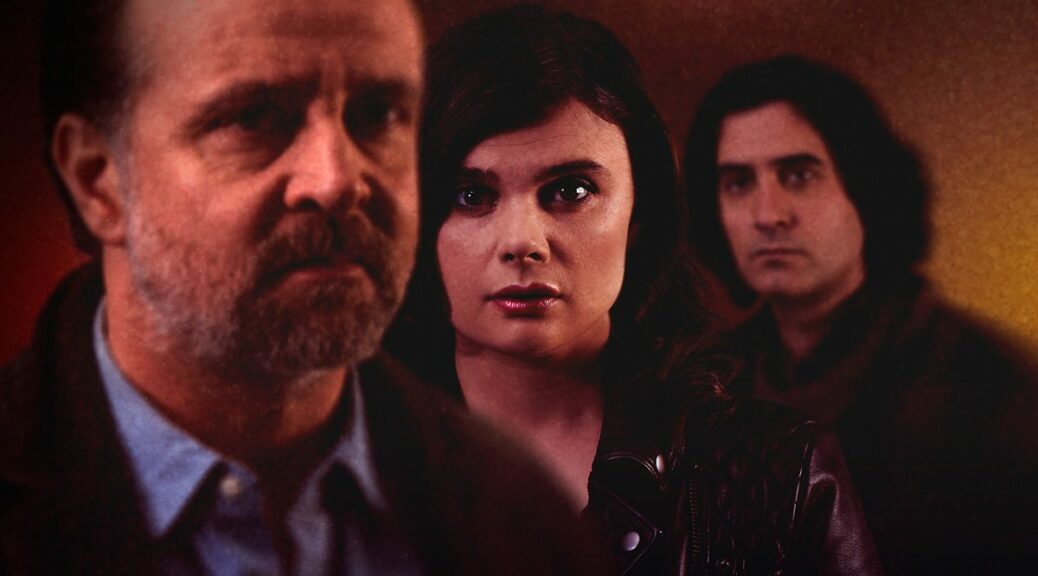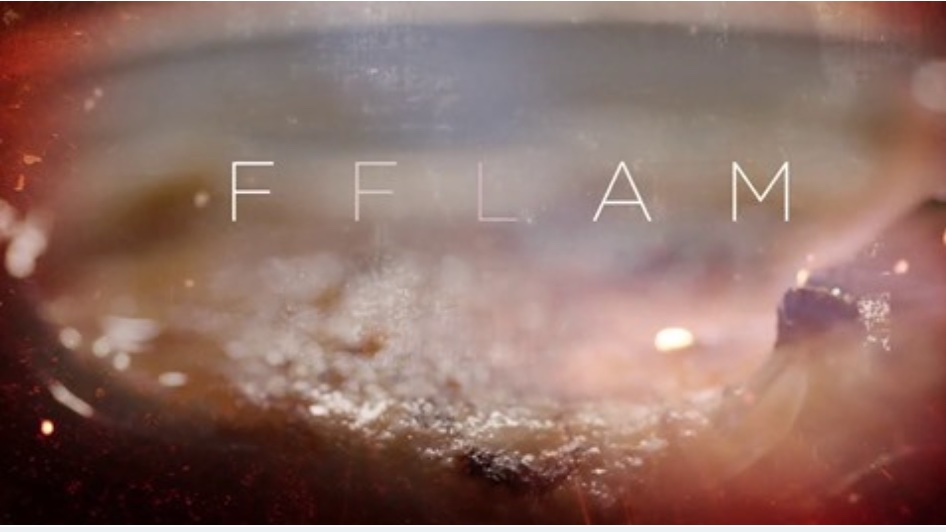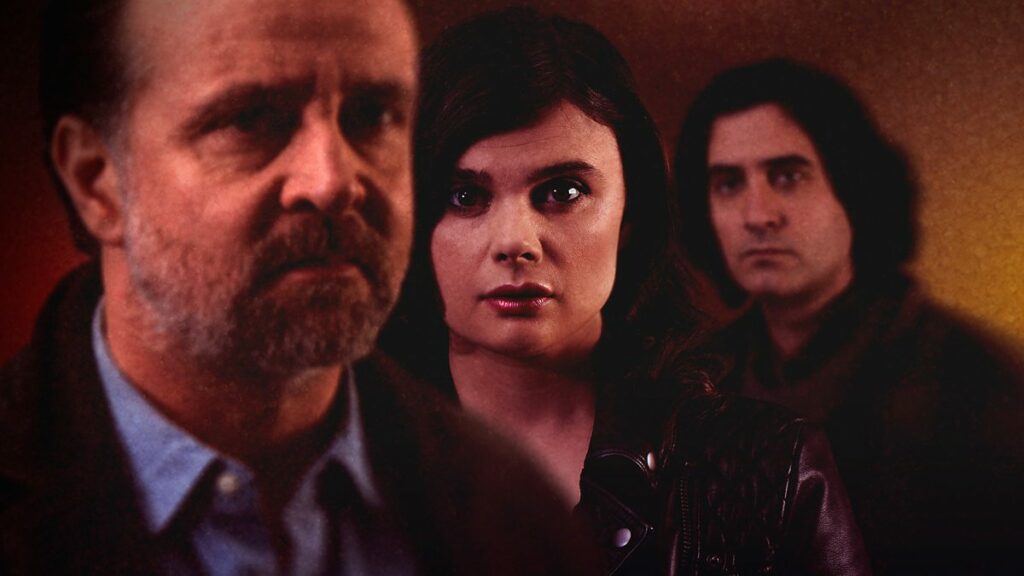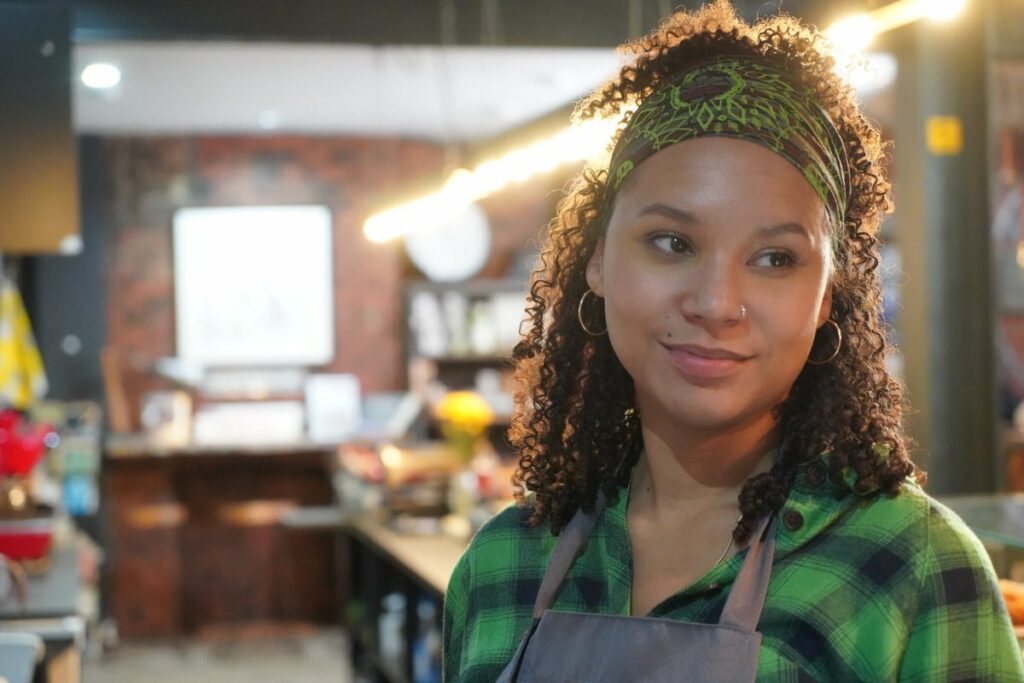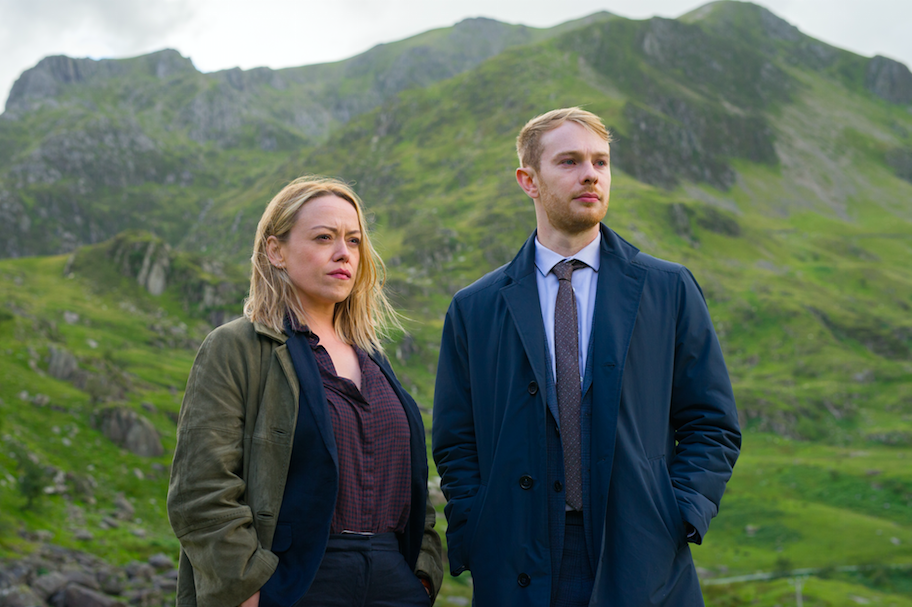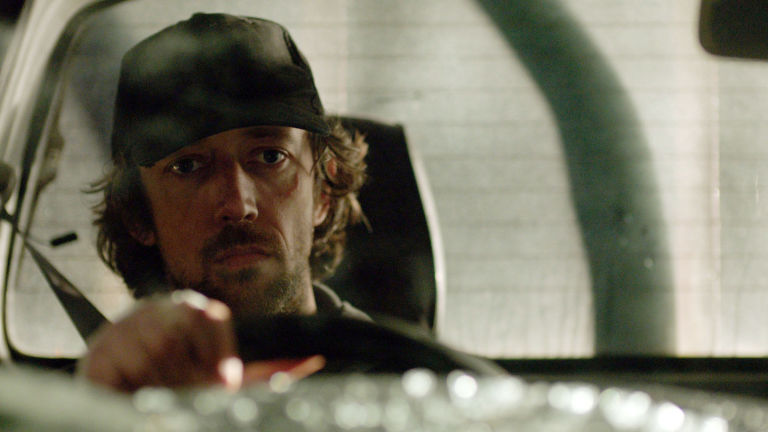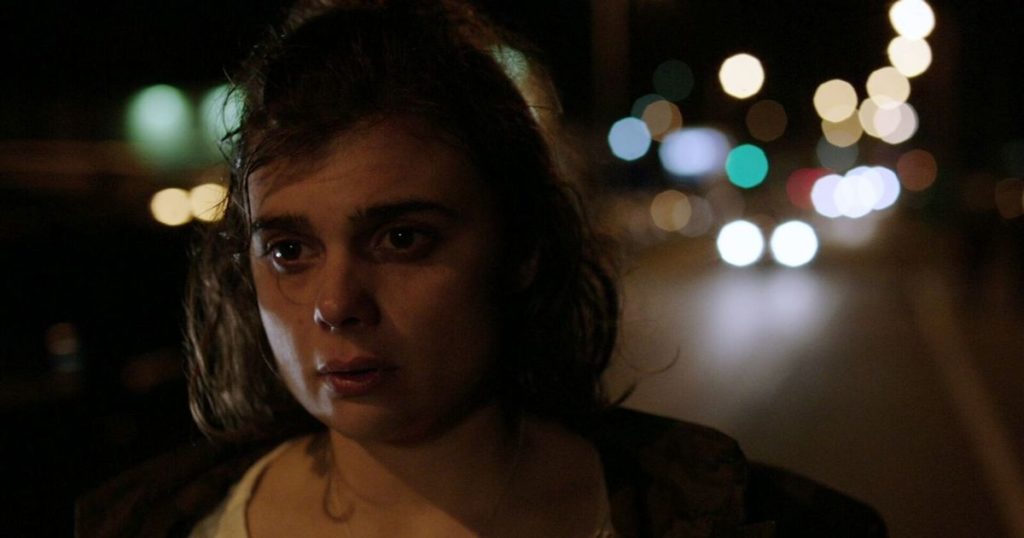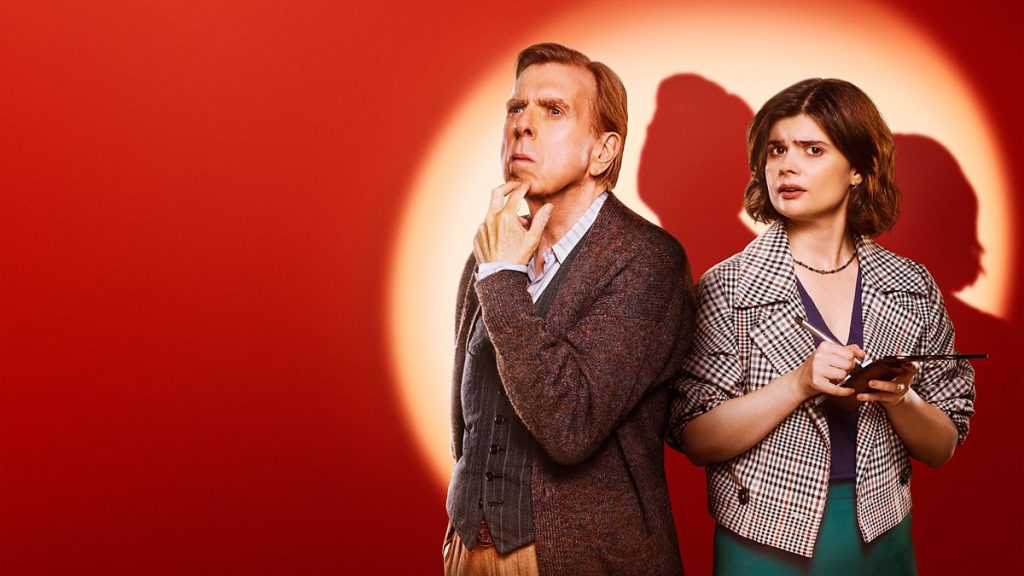
 (3 / 5)
(3 / 5)
If Wales was going to add yet another crime drama to its burgeoning shelf, it needed to be different. Thankfully, Death Valley brings a somewhat fresh and original take on the genre. At least as far as Welsh television is concerned. In the wider landscape, it falls neatly between the daytime fare of Father Brown and the comedic air of Only Murders in the Building. Light, melodramatic, and not too heavy on the blood and gore.
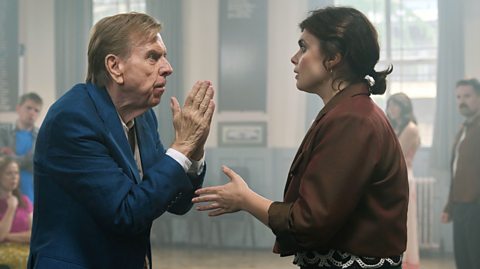
I can only think that its primetime airing is down to the casting. Timothy Spall hamming it up in the lead role to mixed effect. It feels like he’s trying too hard sometimes as retired actor John Chapel, the hero of Gwyneth Keyworth’s slightly hyper detective Janie. The two of them bounce off each other with ease. A delightful mix of playful banter and sweetly serious moments creating a likeable double act at the heart of this quirky series. The trouble is, the performances seem forced at times. As if the humorous aspects are pushed too far. Toppling over into unnecessary farce which spoils what is otherwise a softly charming premise.
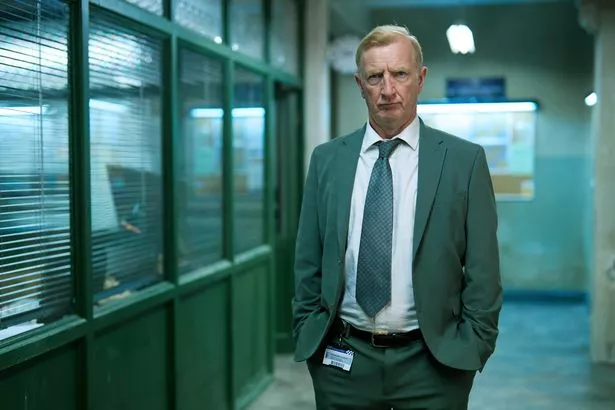
One of its strengths is a strong supporting cast of predominantly Welsh talent. Steffan Rhodri is in his element as put-upon DCI Barry Clarke. Alexandria Riley is a revelation as a strait-faced, dry-witted pathologist. And Mike Bubbins gives an excellent cameo as the desk sergeant in episode four. These are moments when the co-writer Sian Harries can be applauded for drawing extra humour out of the script. It doesn’t always work, but there is enough to bring a smile to the face more often than not. It contributes to what is, overall, an entertaining show. Its formulaic structure preventing anything more enthralling. Though its subversion of the traditional ‘reveal’ is beautifully and uniquely done.
With star turns from the likes of Vicky Pepperdine and Steve Spiers thrown into the mix, it feels like every effort has been made to ensure that Death Valley becomes an instant hit with the public. There is probably enough to warrant a further series, though I can’t get past what feels like its natural home on mid-afternoon BBC1. That’s not a criticism but rather a reflection on the nature of this series, which is wonderfully silly, surprisingly intriguing, and enjoyably amusing.
You can watch the full series on BBC iPlayer here.


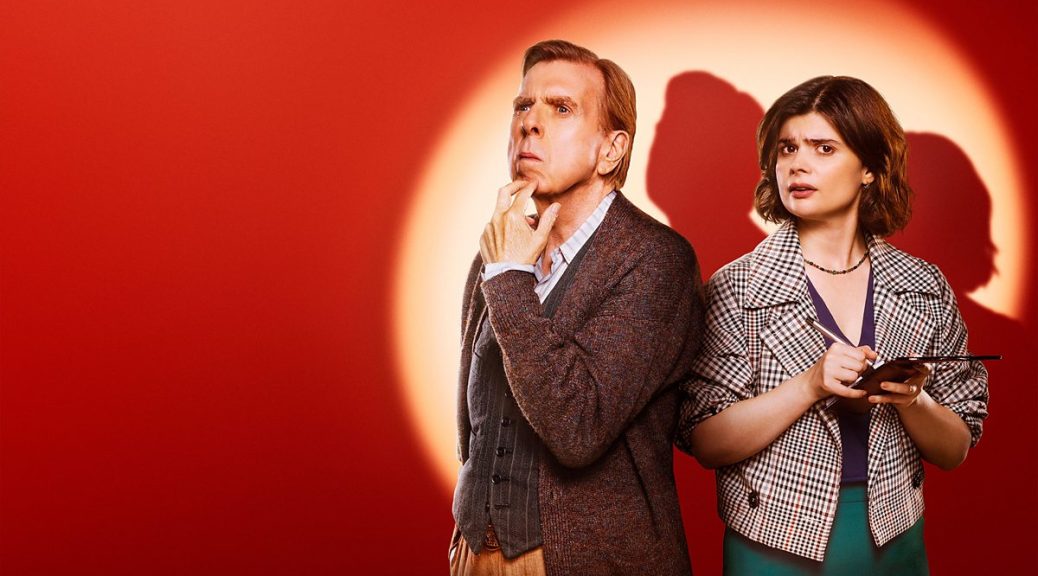
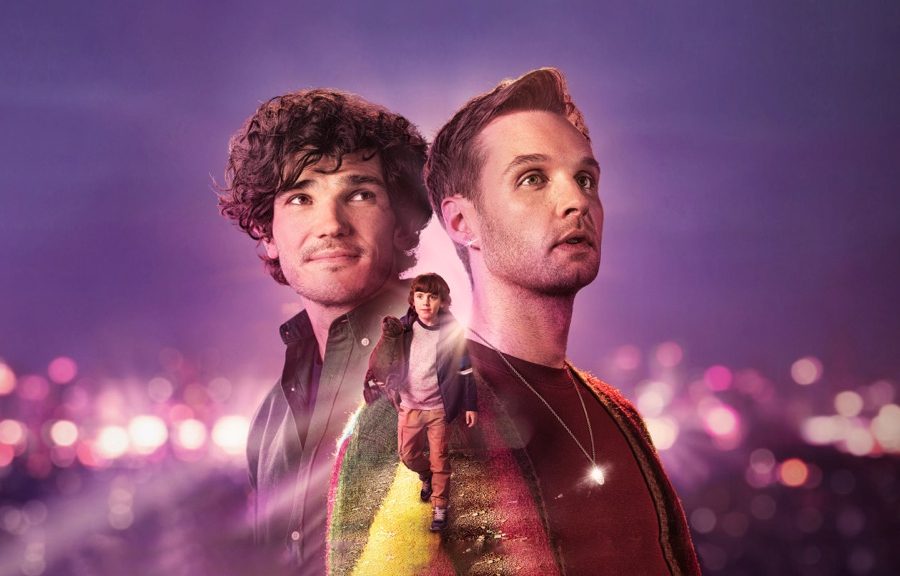
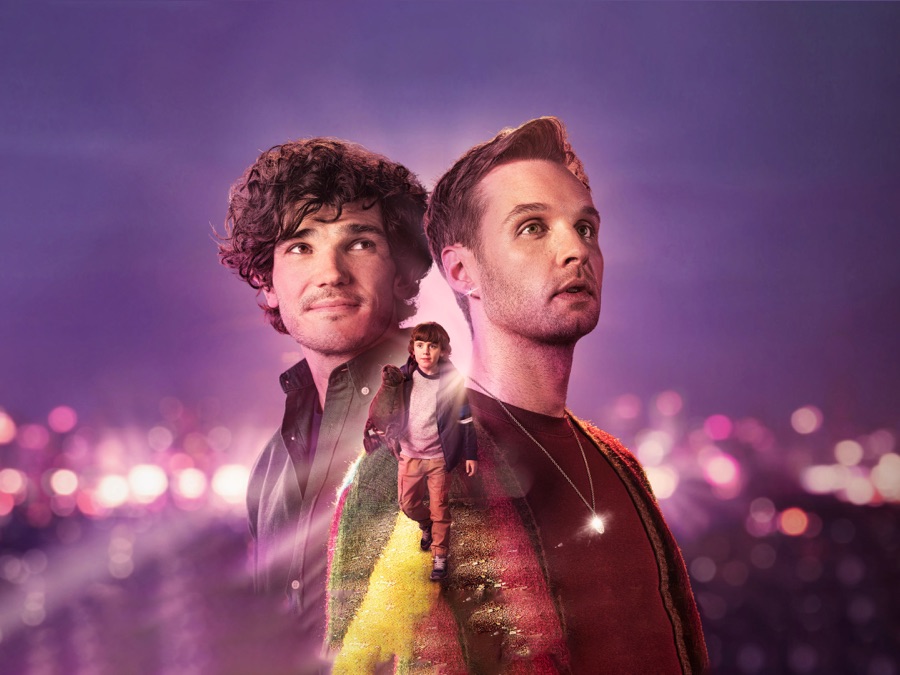
 (5 / 5)
(5 / 5)